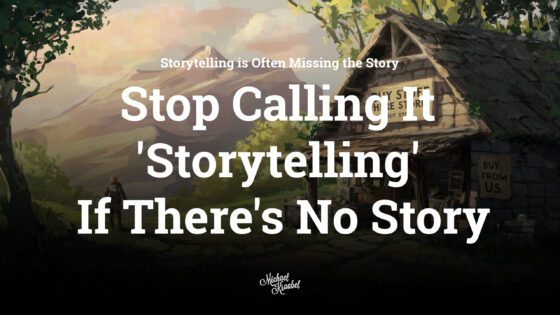Let me start by saying this: I don’t actually believe most conspiracy theories. That’s not what draws me in. What I find fascinating about them is the sheer creativity—the way they challenge the obvious and spin alternate realities that feel like mental mazes. It’s like looking at the world through a kaleidoscope where every twist reveals a new pattern, even if you know deep down it’s just light bending a certain way.
For me, conspiracy theories are less about truth and more about the “what ifs.” What if there was something bigger going on behind the scenes? What if that strange, unrelated event wasn’t a coincidence? It’s not that I’m putting stock in these ideas, but I love the mental exercise of exploring them. People have this incredible ability to take a handful of random facts—or even just rumors—and weave them into complex, often wildly imaginative stories. I can’t help but appreciate the creativity and effort behind that, even if the premise itself is far-fetched.
Take something like the moon landing hoax theory. Do I believe it? Not for a second. But I’m intrigued by the questions people ask to support their case. Why were there no stars in the photos? How did the flag wave with no wind? It’s not the answers that hook me—it’s the act of questioning. It’s the challenge to conventional thinking, the audacity to say, “What if the entire world has been fooled?” There’s a rebellious spark in that line of thinking, and I find it kind of thrilling, even when I know it’s baseless.
I think conspiracy theories resonate with something deeper in human nature: our desire for stories and meaning. Life is messy, random, and often hard to make sense of. Conspiracies offer a tidy explanation for the chaos, even if it’s pure fiction. They make people feel like they’ve uncovered a secret truth, like they’re one step ahead of the crowd. And while that can lead to dangerous places when taken too seriously, it’s also a fascinating reflection of how our minds work. We crave connection, patterns, and purpose—even if we have to invent them.
For me, dipping into the world of conspiracy theories is a form of mental play. It’s like reading a really engrossing sci-fi novel or watching a thriller with an over-the-top plot twist. I don’t have to buy into it to enjoy the ride. It’s the exploration that keeps me coming back—the idea that, for just a moment, I can imagine a world where nothing is as it seems.
So no, I’m not stocking up on tinfoil hats or digging a bunker in my backyard. But I’ll happily spend an evening watching a documentary on the flat earth movement or scrolling through forums debating Bigfoot sightings. Not because I believe, but because it’s fun to wonder. What if?





